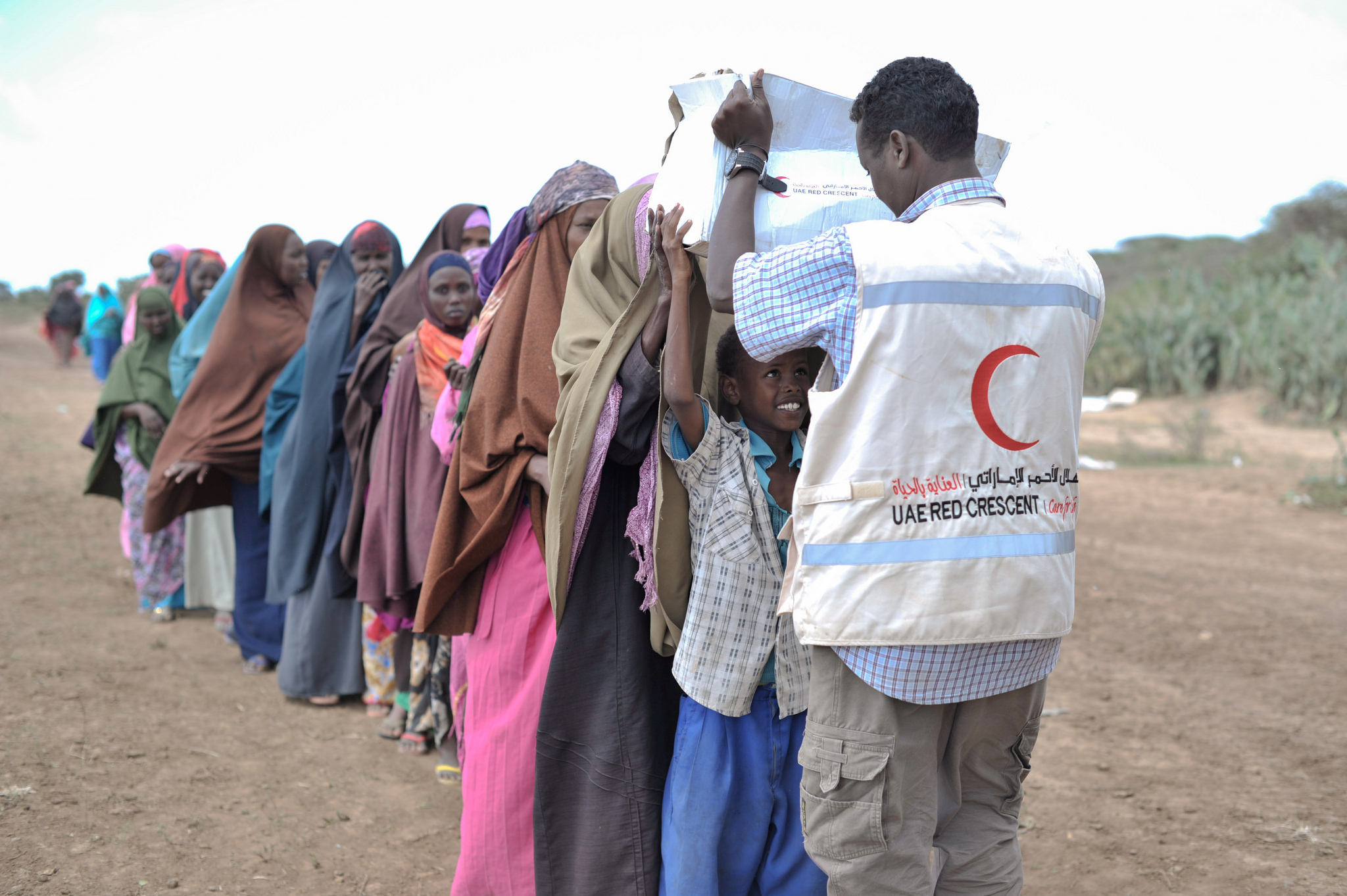
Humanitarian workers in the troubled Nigeria North-east
region have cried out that they have continued to face life-threatening risk in
the region.
The United Nations showed that recent data
indicated that attacks on UN, non-government organisations and other aid
workers are persisting.
The data equally showed that since the beginning of
the conflict in July 2009, a total of 37 aid workers have lost their lives in
the service to humanity, with the lives of 35,000 civilians equally lost in the
protracted crisis.
A statement by UN Office for Coordination of
Humanitarian Affairs (OCHA) in Nigeria said aid workers in Abuja, Adamawa,
Borno and Yobe States gathered on August 19 to raise awareness on the risks
many of them are exposed to every day while providing life-saving assistance to
millions affected by the crisis in the Northeast.
The gathering was part of activities to mark the
tenth anniversary of World Humanitarian Day.
According to the statement, the gathering also paid a special tribute to women humanitarian workers in Nigeria who also brought their
voices to the world.
The statement lamented that “Nigerian and foreign
aid workers are on the front lines of one of the most severe humanitarian
crises in the world, showing relentless commitment to supporting some of the
most vulnerable people in Nigeria.”
It quoted the UN Humanitarian Coordinator in
Nigeria, Mr. Edward Kallon, as saying: “I have been impressed by the engagement
of Nigerian women and female aid workers from all over the world, who are
working tirelessly to extend a helping hand to those affected by the
decade-long crisis in the region.”
Kallon added: “They are making small miracles
happen every day by saving so many lives. But they and their families are also
making sacrifices, so it is our duty and obligation to do our utmost efforts to
protect them. Aid workers should never be a target.”
The statement recalled that the ten-year conflict
has devastated communities in North-east region, lamenting that insecurity is
hampering the resumption to normal life, leaving conflict-affected families
dependent on humanitarian assistance to survive, with about 7.1 million people
still in need of urgent humanitarian assistance, while 1.8 million people are
internally displaced.
Also in the statement, Patience Joshua, who is working
with Norwegian Church Aid, an international NGO providing assistance in the
border town of Ngala, Borno State, was quoted as saying: “I also had to flee
and leave everything behind when violence and armed attacks hit the area I
lived. After several months of being displaced, I came back and saw the
devastation.
“I quickly realised that being here as an aid
worker is not just another job. It means a lot more to all of us and to the
people we are helping.”
Commemoration of World Humanitarian Day started on 17
August with a walk to raise awareness in Abuja, and will continue until August
21 with the last events taking place in Maiduguri, the Borno State capital.
No comments:
Post a Comment